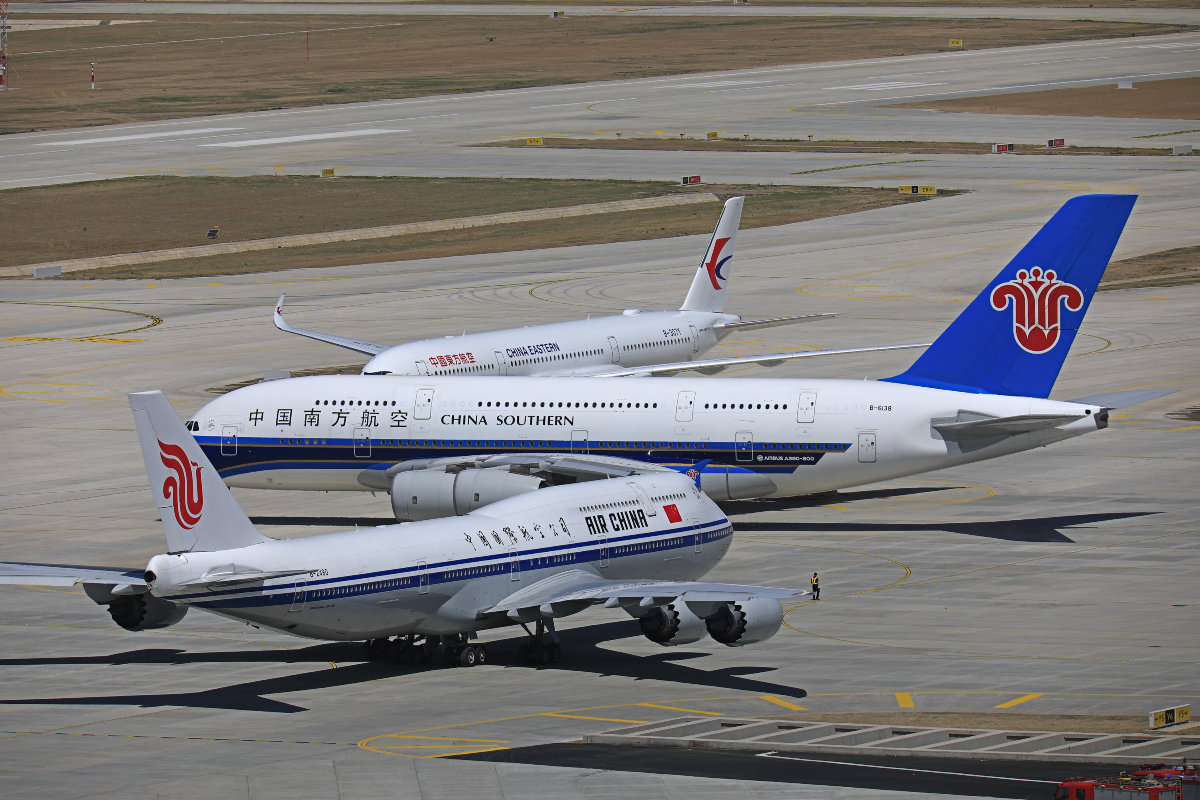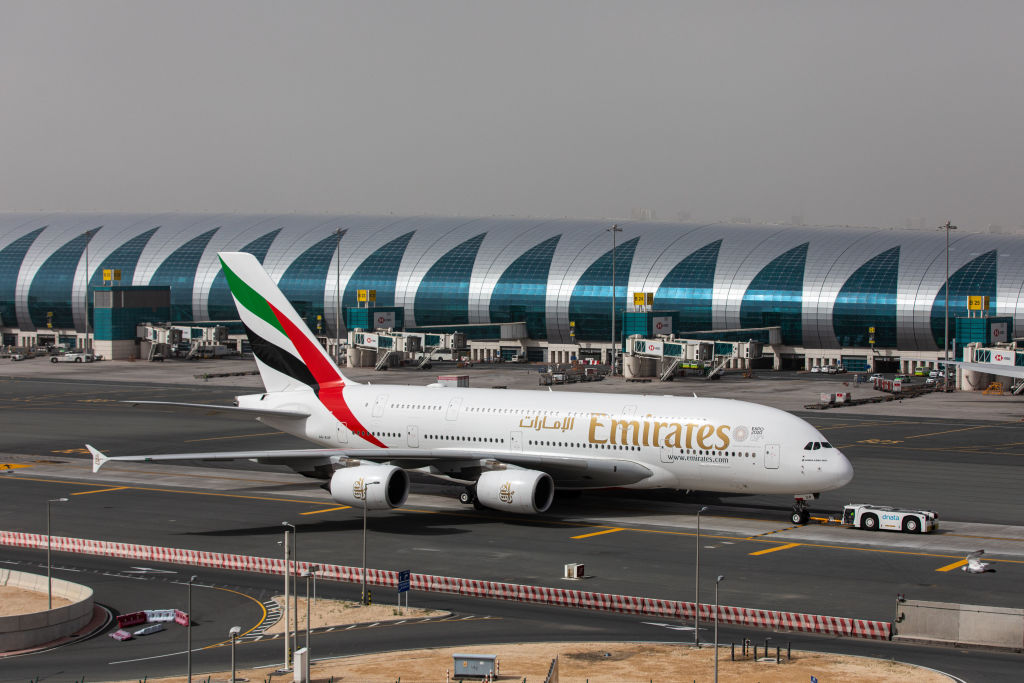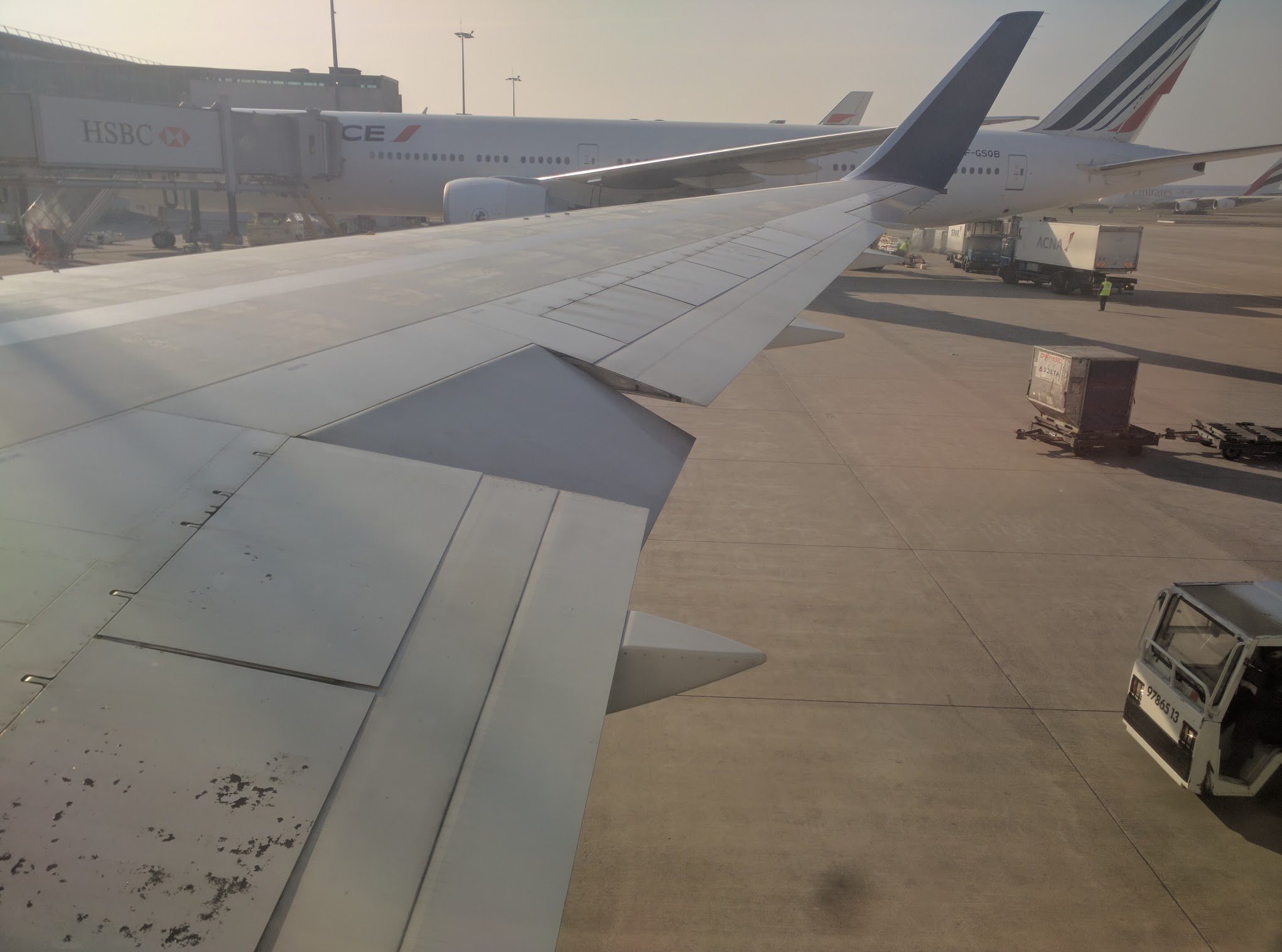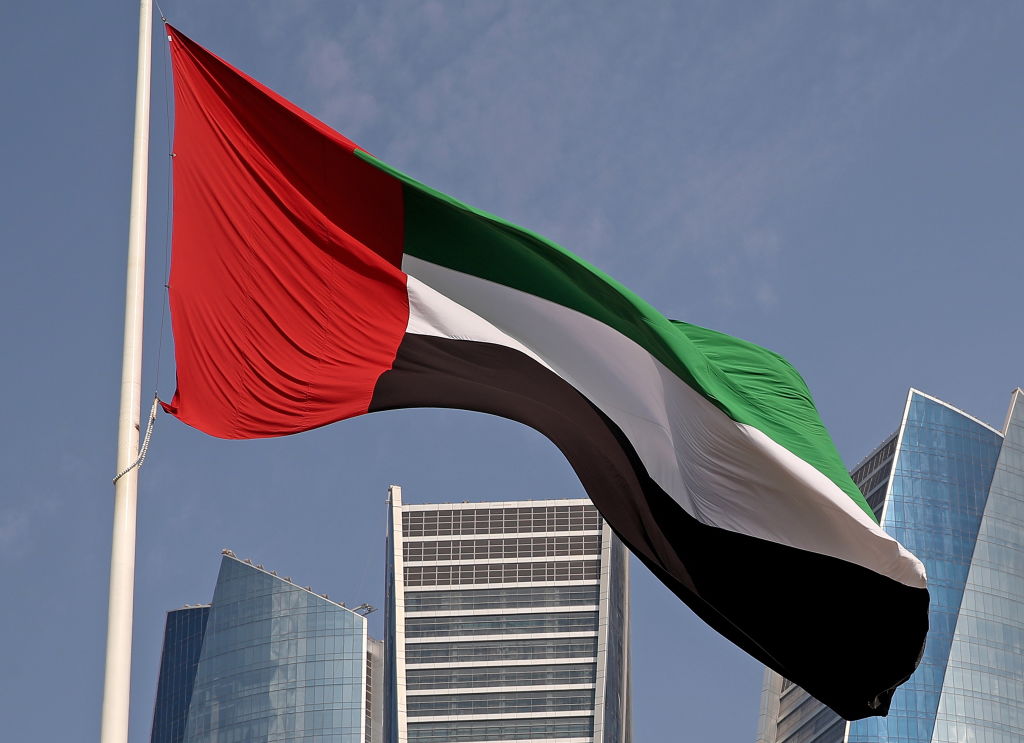Travelport has been running a slick marketing campaign about its innovations that showcases dancers and snowboarders. But we wanted the nerdy details about what’s technologically changing. So here’s the first in-depth interview with the company’s new tech chief.
Travelport is best known for helping travel agencies sell airline tickets. It joins rivals Amadeus and Sabre in processing nearly half the world’s air bookings.
In 2019, Travelport went private. Since then, owners private equity firm Siris Capital and a unit of Elliott Management have been making changes. Turnaround artist and CEO Greg Webb has been overhauling operations.
In June 2021, Webb appointed Tom Kershaw chief product and technology officer. Kershaw is leading an effort to reinvigorate the company‘s technology.
I checked in with Kershaw for an update.
“(This year) is going to be a watershed year for Travelport,” Kershaw said.
For years, the UK-based travel technology company has run three global distribution systems — Worldspan, Galileo, and Apollo.
It now aspires to run on one platform, Travelport+, with Galileo as the main framework. I’ve heard a rumor of an October 1 goal.
But Kershaw said he hasn’t decided on a “sunset date” for Worldspan and Apollo.
“Our goal is not necessarily about consolidating,” Kershaw clarified. “It’s about leapfrogging to the next generation of technologies across the board for our customers, leapfrogging from a legacy model to an internet shopping model.”
“There are some components of the systems that will be available throughout 2022 for sure,” Kershaw said. “But the goal is to get a vast majority of customers on Travelport+ in the coming quarters.”
One challenge facing Travelport is with the reservation software it offers travel agents. The agents differ on the kind of software they prefer.
Many veteran agents prefer using a classic industry user interface, nicknamed the “green screen.” The agents book trips and service bookings by using specific, command-based keystrokes.
Newer agents, by contrast, typically want software that looks like consumer applications from Apple or Amazon, which use “graphical user interfaces.”
Travel agencies need to appeal to veterans and newbies alike. So Kershaw intends to appeal to both tastes with a hybrid approach.
“We want a completely cloud-based, front-end user interface for travel agents,” Kershaw said. “It will allow us to coexist in a terminal world and a graphical user interface world and jump back seamlessly between the two.”
I was too polite in the call to mention that I heard this exact same pitch in 2012 when I visited Travelport’s headquarters in Langley, UK. I sat through a demonstration of its then-latest-system Smartpoint. The system back then promised a similarly effortless toggling between interfaces. Of course, the company may get it right this time.
The company is also adopting a broader array of ways of exchanging and analyzing data.
Kershaw believes Travelport can differentiate itself in a few ways.
It is adopting technologies and processes to make it easier and more cost-efficient for agencies to handle complexity.
“We’re developing strong automation capabilities for things like exchanging tickets and issuing refunds,” Kershaw said.
One of the striking aspects of the new Travelport is its focus on simplification and its related decision to double down on its core business of distribution.
The previous management’s theme had been to diversify Travelport’s business. The thinking was to make the company less dependent on its core airline distribution business. Some equities analysts believe that distrbution, while a cash cow, is in terminal decline.
The company’s current financial sponsors have been instead slimming down Travelport’s portfolio, such as by jettisoning the group’s stake in payments unit eNett, and investing more in the distribution core.
For instance, the previous management bought Mobile Travel Technologies in 2015. It morphed the vendor into an outsourced development shop for airlines, such as when EasyJet needed help in designing mobile apps.
Kershaw said Travelport would “continue to support specific products in specific markets.” But that group is now primarily working on re-building Travelport’s portal to let customers self-service their accounts where appropriate.
“We’re trying to bring all parts of the company under the same umbrella as part of our broader move to standardize as much as possible,” Kershaw said. “We want to reduce having customization all over the place — while still allowing for regional and customer-specific solutions.”
“That group is really charged with building out self-service tools for agencies who need to make changes to accounts at all times of the day,” Kershaw said.
Kershaw has a few principles that animate his plans for Travelport. “Less is more” is one of the them.
A case in point: Like its peer companies, Travelport must cope with a fast growing array of airline products, such as the bundling of seats with ancillary services like free checked luggage.
“In travel, we have this explosion of options, and every airline has a different view of how they want to approach this,” Kershaw said. “We in the travel industry need to use machine learning to help pick the correct, relevant bundle for any given user.”
Travelport does face rising upstarts as fresh competitors, including Duffel on the distribution front and Aeronology in the agency ticket servicing front. But the company has said it has been making strides, especially versus its traditional peers such as Sabre.
“We’re very happy with the feedback we’re getting from customers about how we’re onboarding new content quickly and effectively,” Kershaw said.
Kershaw believes that the airline sector could do a better job with standardization in distribution and selling.
The New Distribution Capability, or NDC, is a shorthand for an airline effort to attempt to standardize how airline content is distributed and displayed to agencies and end-users.
“I don’t think the industry has done a good enough job with standardization,” Kershaw said. “There’s too much customization and variation, with everyone interpreting the standards in different ways, which is holding back the industry’s velocity in adopting modern retailing.”
Kershaw has experience with this issue. He founded Prebid as an open-source, unified auction for programmatic advertising.
“The travel industry could learn more from how other verticals have approached standardization,” Kershaw said. “I’m not saying that travel’s terrible at this. But I think we can do a better job cooperating and developing standards faster.“
To give some context, a decade ago, independent advertising technology platforms were stabbing each other in the eyeballs over technical application issues while Google took market share from everyone. About a half-dozen years ago, Google became the only real choice for publishers to monetize with ads.
Kershaw blamed the problem on a lack of standardization from design and technical perspectives. He helped create Prebid on the theory that publishers needed a competitive option to Google’s auctions.
In a key point for engineering nerds, Kershaw doesn’t believe Travelport’s goal should be to universally adopt a particular class of API, or application programming interface.
Travelport embraced the use of APIs years ago because they enable much better capabilities for sales and data analytics. But APIs come in different flavors.
“I don’t want to leave the impression that the endgame is all about moving everything from quote-unquote ‘legacy APIs’ like SOAP to Rest APIs like JSON [JavaScript Object Notation, or probably the most widely used data format for data interchange in ecommerce],” Kershaw said.
“The plan isn’t to port everything to JSON and then pop Champagne,” Kershaw said. “Our intermediate-term goal is instead to get everything on a single well-documented family of APIs. We also want those APIs to be easy to consume, meaning friendly for developers to use for executing agency workflows.”
Cynics might wonder if Kershaw has adopted that position because Travelport doesn’t have the resources for a full shift.
After all, Travelport hasn’t generated as much cash as its financial sponsors expected it would have by now because of a botched sale of its stake in payments firm eNett.
Regarding eNett selling for only $577.5 million instead of $1.7 billion or more, a Travelport spokesperson responded: “We (leadership and owners) reached an agreement that, all things considered, was right for all parties. The close of the transaction allowed us to focus on our core business and invest further in Travelport.”
I didn’t ask Kershaw about resources. But he volunteered that practicalities dictate his company’s technology policy. Travelport has an array of functions that need a breadth of APIs, Kershaw said.
For example, its search function for airfare content demands APIs that can handle a huge amount of data volumes. That might require one type of API. But the company’s other tasks, such as letting an agent check a passenger name record or void a transaction, happen with less frequency — yet require a lot of customization for agency-specific workflows. So those tasks might need other types of APIs, Kershaw said.
“APIs are a journey, not a destination,” Kershaw said. “The evolution is ongoing, with people talking already about GraphQL and other newer technologies.”
A mistake Kershaw is trying to avoid is being one of those companies that’s in a rush to roll out “features, features, features.”
Kershaw said some organizations at companies outside and inside travel overlook how developers need support to help maintain data feeds at a high standard of performance.
“Non-experts tend to think about APIs as either they work or don’t work,” Kershaw said. “But if an API degrades over time, there can be subtle hits to performance that have negative impacts for travel agents. So it’s critical that speed and synchronization are in your design from the beginning.”
“That’s why we’re focused on ‘provisioning,’ or having a unified, alarming and monitoring capability for developers,” Kershaw said.
Some industry experts will agree that a focus on building “features, features, features” without a focus on support and maintenance can lead to problems down the line.
In one rumored example, I’ve been hearing scattered complaints recently about technology Accelya acquired from a vendor formerly called Farelogix. Some developers are nicknaming it “Failogix,” claiming they see increasing glitches — though Accelya hasn’t heard this and reports high retention rates and sales.
Hiring top developers is critical for Travelport to stay ahead.
“The travel sector faces an explosion of options coming into the ecosystem and a growing demand for smoother travel experiences,” Kershaw said.
“These are the kinds of challenges that excite the best engineeers,” Kershaw said. “Think about how people used to book taxis and short-term rentals and then Uber and Airbnb came along. Air travel and hotel booking are the next sectors that will experience this revolution of next-gen internet shopping.”
Kershaw, based in California, has been getting to know the company’s developers in Denver and Atlanta.
To help further associate its name with innovation, Travelport ran a contest with AWS (Amazon Web Services) to give prizes for the most interesting travel startups, picking two winners late last year.
Source: Skift










